Ecosystem approach needed to enhance competitiveness: CUTS Chief
Updated: Feb 18, 2021 07:04:15am
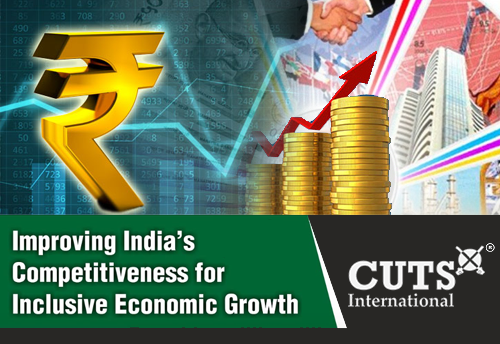
Ecosystem approach needed to enhance competitiveness: CUTS Chief
New Delhi, Feb 18 (KNN) CUTS International, Secretary General, Pradeep Mehta has said that the whole ecosystem approach is required to plan and successfully implement measures aimed at enhancing competitiveness and inclusivity of growth in the country.
He said this while moderating the second session of a series of webinars on “Improving India’s Competitiveness for Inclusive Economic Growth” organised by CUTS on Wednesday.
“The private sector and public institutions need to collaborate and converge in order to deliver on such an economic agenda,” Mehta added.
He also highlighted the importance of pragmatism in translating economic vision and ideas into actual ground realities.
Speaking on the occasion, Surjit Bhalla, India’s Executive Director to the International Monetary Fund argued that trade protectionism from the globalised world should not be seen as an impediment to competitiveness in the Indian context.
“There is empirical evidence that suggests doing away with some of the old beliefs in the economy as we are witnessing the emergence of a new macro-economic scheme of things.”
He further highlighted that the growth-employment paradigm must be assessed carefully and employment is not necessarily always an outcome of growth as the years of 2004 to 2011 showed us.
According to Bidisha Ganguly, Chief Economist of the Confederation of Indian Industry, “It is an imperative for us to introspect and redefine the priority areas for India’s economic growth. While we might have missed the bus of East Asian miracle of attracting investment, there is a need to place India’s economic strategy in the current global context.”
This requires identification of right priorities of developing more labour-intensive manufacturing along with services and technology-intensive sectors.
“With this narrative in mind, it is prudent to address both hard and soft infrastructure related challenges faced by Indian industries,” she added.
Shankar Acharya, former Chief Economic Adviser, Government of India, complimented the efforts undertaken by CUTS in twinning the dimensions of competitiveness and inclusive growth, which have been considered in silos in most cases of policies and practices so far.
''The ratio of exports to gross domestic product, as in a globalised world, is one of the simplest indicators that we have to focus on as it measures a country’s competitiveness. A critical element for enhancing this, as examples from resilient economies like China and South Korea show, is strengthening the state capacity to plan and implement,” he argued.
Contributing to this discussion on narratives of growth and competitiveness, Gopal Krishna Agarwal, National Spokesperson on Economic Affairs, Bharatiya Janata Party, argued for the urgency of undertaking big-ticket structural reforms, as the time for piece-meal steps and capitalising on low hanging fruits is a passé. Agarwal, while bringing in much important political-economic dimensions into the discussion, highlighted the phenomenon of crony socialism, which has been hampering the reform agenda for economic growth.
“In order to deal with this, efforts must be made to optimally utilise the political capital while clearing out the pathways for structural reforms,” he argued. Taking this point further, Ashima Goyal, Professor, Indira Gandhi Institute of Development Research and Member of the RBI’s Monetary Policy Committee, argued for the need to shift from structural reforms to counter-cyclical reforms in order to mitigate wide-scale socio-political implications of the former.
By underlining the political economy dimensions of over-regulations and/or stringent regulations, she stressed that counter-cyclical assessments would involve addressing cyclical causal factors that result in over-regulations of enterprises, corruption being one of them.
According to Vivan Sharan, Partner, Koan Advisory Group, “We can be strategically protectionist in some areas of the economy and it should be done in upfront manner.” By citing statistics related to stock market indices, he articulated the need to address the critical issue of concentration of economic wealth.
“Enhancing competition to provide more choices to consumers is an apt strategy for undertaking market-level reforms,” he added.
Pritam Banerjee, Independent Trade and Logistics Specialist and one of the catalysts for this series of webinars, highlighted the need to design incentives and schemes for enhancing competitiveness in such a way that they reward employment generation, value addition and product diversification.
The panellists also deliberated at length on the kind of bureaucratic reforms required for achieving enhanced competitiveness. There was a broad consensus on the need to have a more informed bureaucracy, not just from the point of view of technical expertise but also in respect to behavioural mind-set.
The aptness of this colloquium of webinars in this context was reiterated by the moderator when he said that these discussions are policy-oriented and not merely economic in nature.
In conclusion, Bipul Chatterjee, Executive Director, CUTS International, stressed on the need to appreciate multiple dimensions of competitiveness and move beyond the conventional notions of labour and capital productivity.
He argued for focusing on ‘implementation’ and ‘institutions’ while undertaking measures for boosting economic growth. “It is only by growing more that we can realise the objectives of inclusivity, not just statistically but also in terms of ground realities,” he concluded.

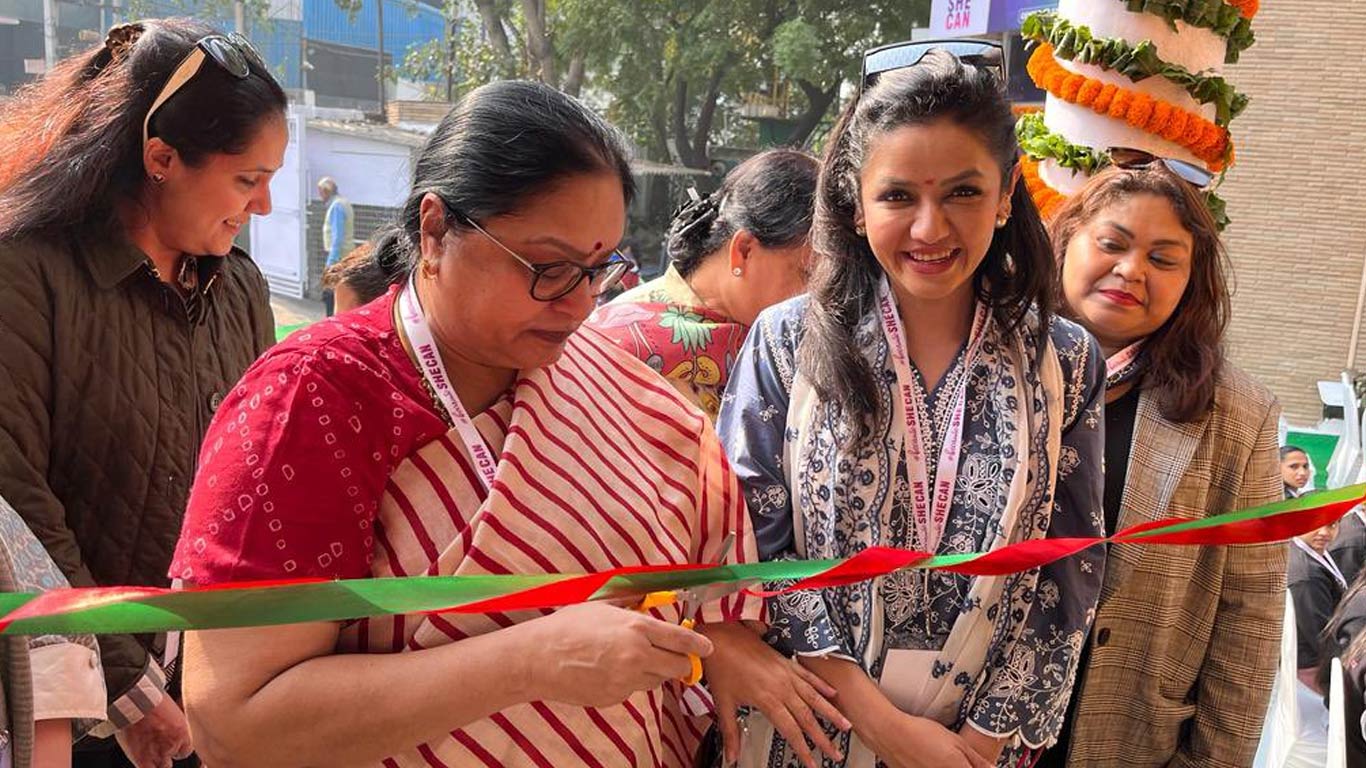
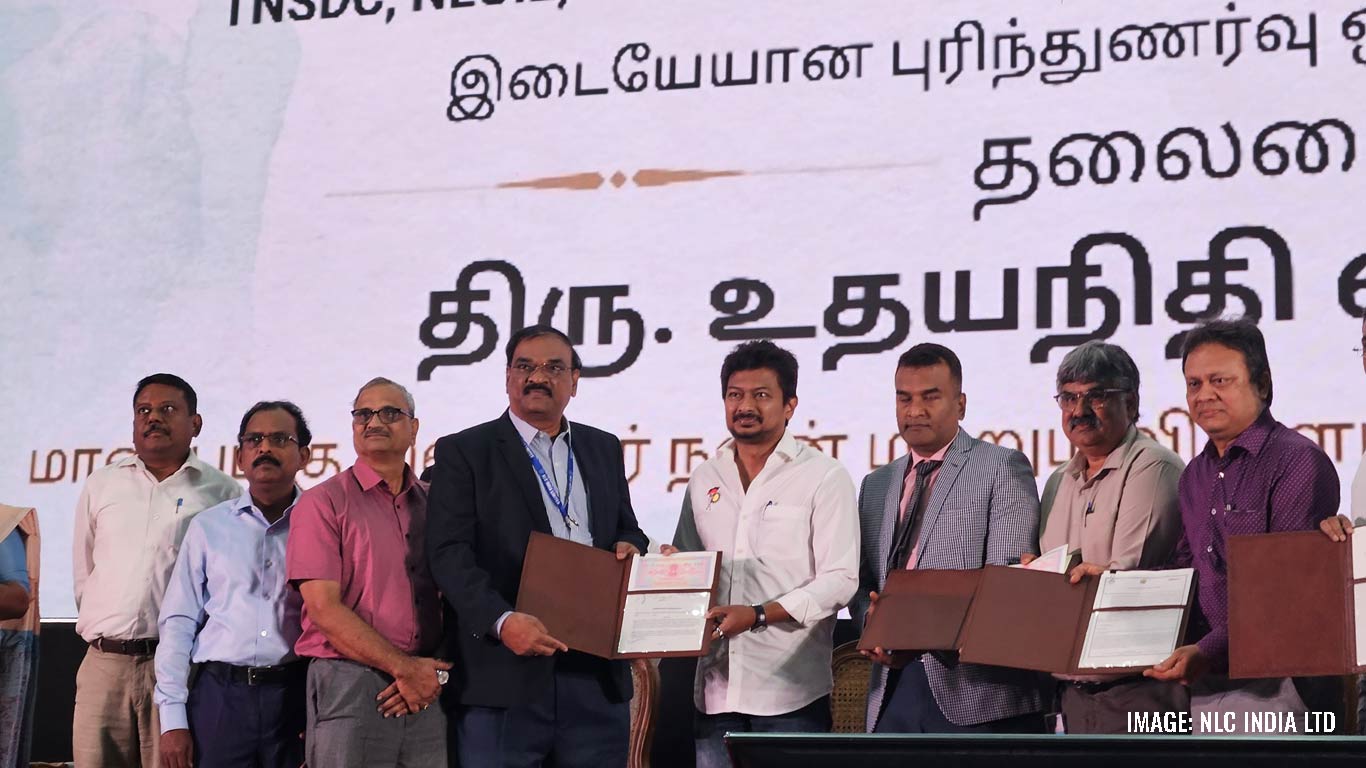
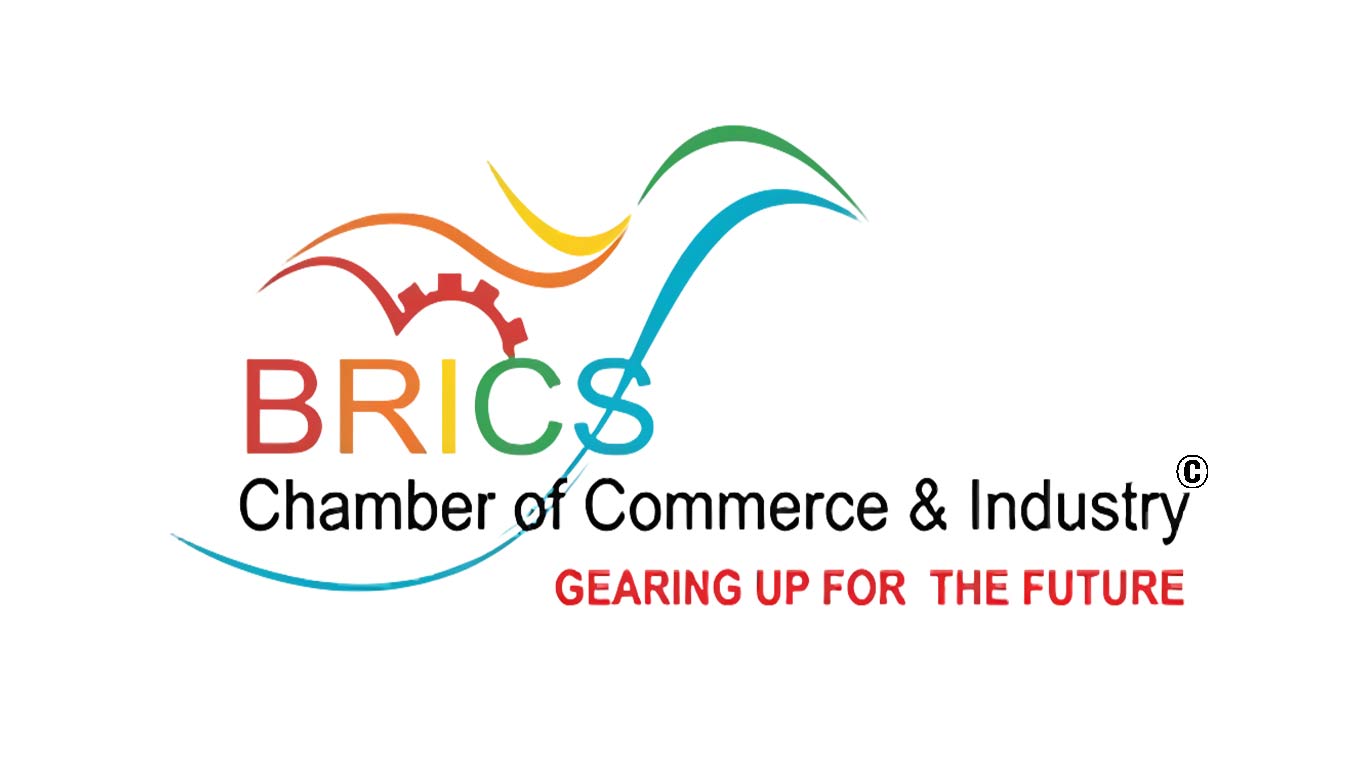
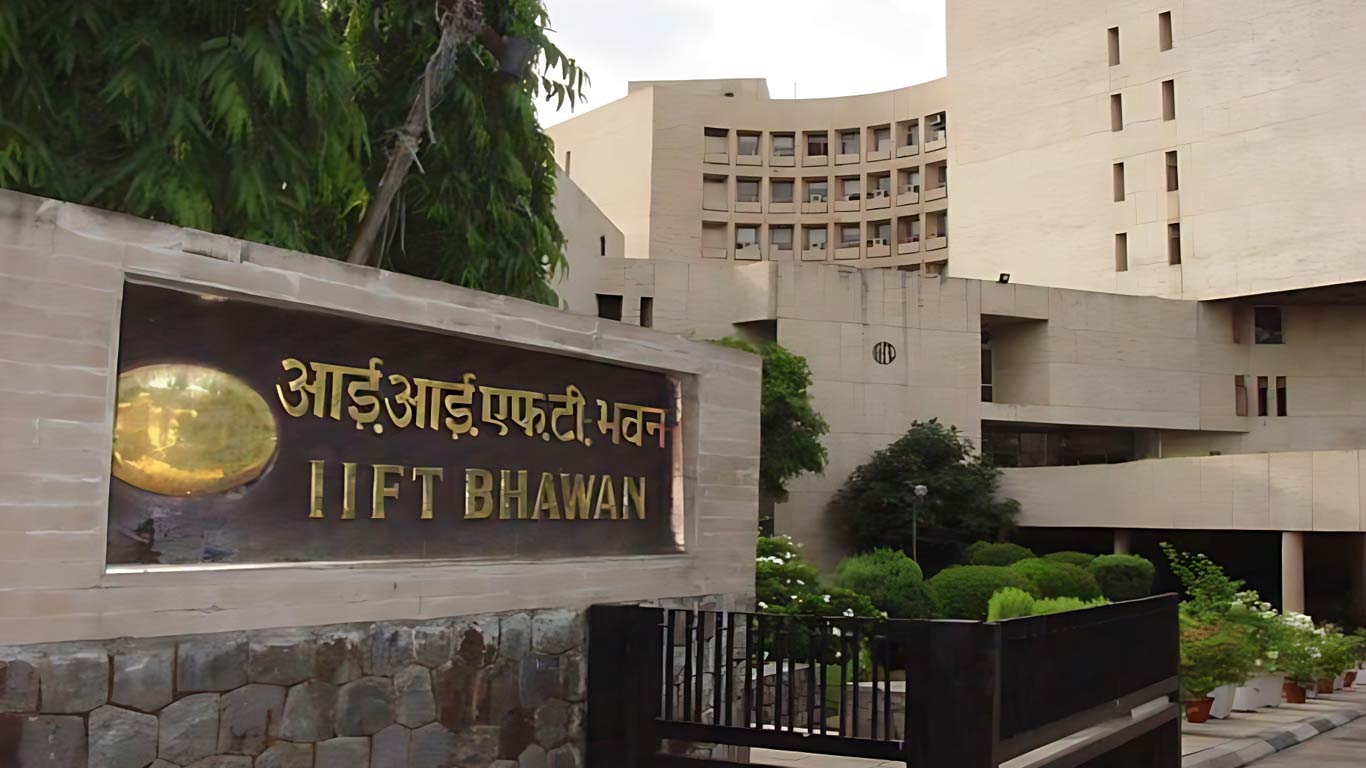
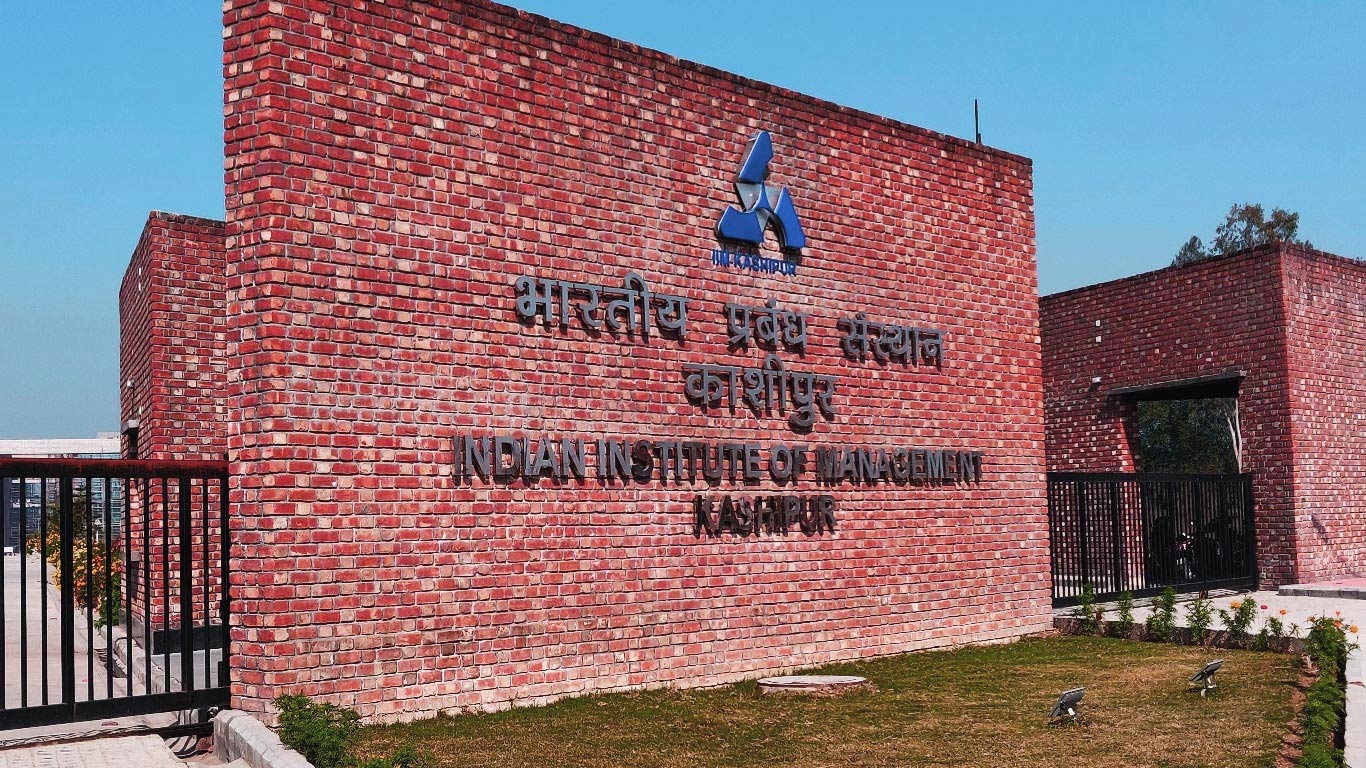





